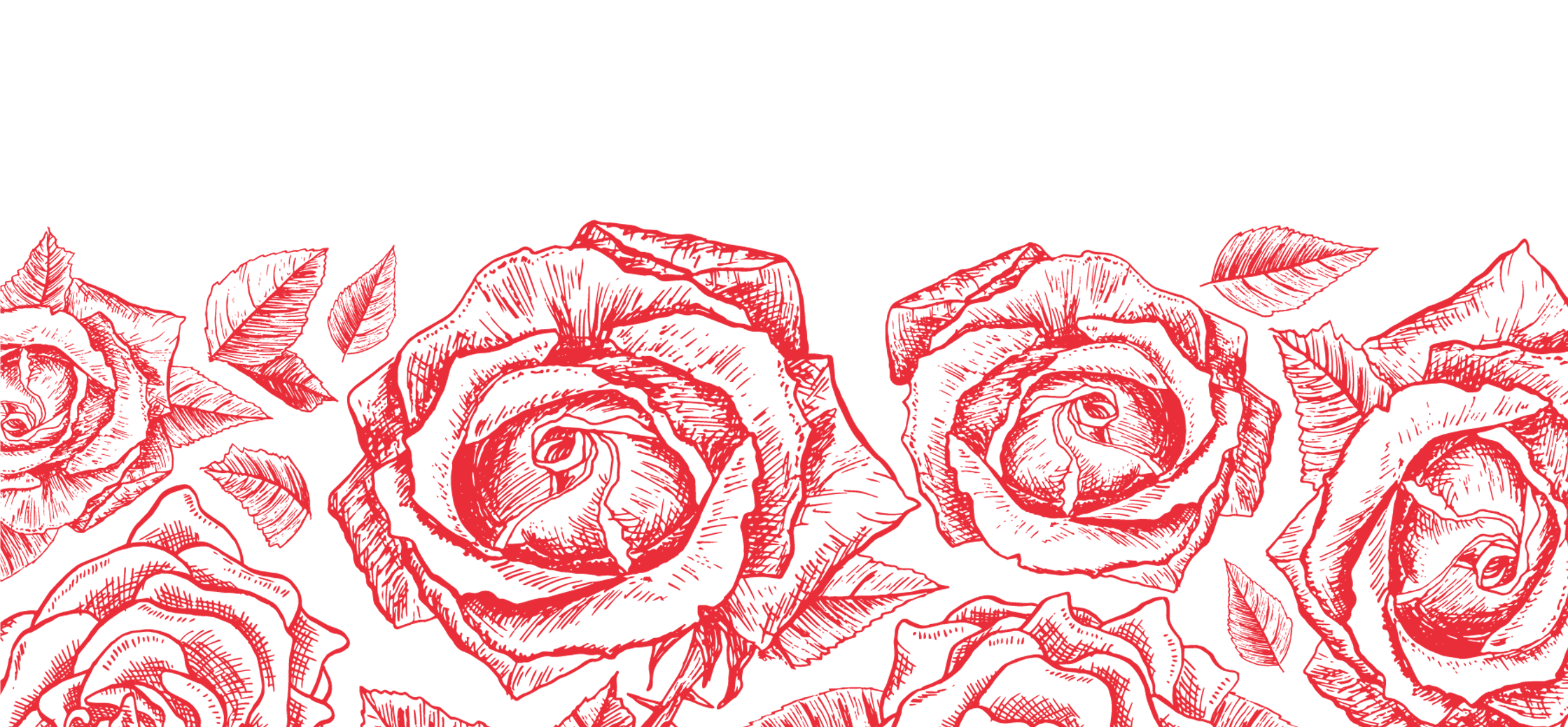Hardly does a day pass without one seeing photos of healthcare workers gathering with their thumbs up, or a plethora of images of the heroes who join forces to fight a universal, albeit invisible, enemy: COVID-19.
Different initiatives are organized to thank them. Hand clapping on balconies, songs, memes, paintings, fundraising, media reports, news stories, and lately, an honorable initiative entitled Bayty Baytak (my house is your house) by a group of young people who provide places where healthcare workers can stay if they are unable go home for fear of infecting their loved ones with the coronavirus. I salute healthcare workers and those beautiful initiatives, from the bottom of my heart.
Hardly does a day pass without my waiting to see a miracle on social media platforms. I grew up to believe in miracles. No miracle happened because it was not a miracle that I was actually waiting for, rather, a form of awakening. Alas, we continue to sleep in dogmatic slumbers, prey to social constructions of the worst kind. While the list is long, I will pick one.
How much would I have loved to see a viral photo of a group of sanitation workers –who clean the streets and dispose of our garbage without being provided personal protective equipment– smiling proudly with their thumbs up. Instead, they are looked down upon and under-appreciated.
“Study hard to become a respectable doctor,” we tell our kids. We fall prey to morally reprehensible constructs and mess matters to the core when we add, “If you don’t, you’ll end up like the disgusting garbage collector.”
I wonder why sanitary workers, fellow humans, are never included in initiatives that honor and respect people doing their jobs as the battle against COVID-19 wages on. Do we ever stop and think that without them, we would be in an egregious public health crisis?
Sanitation workers are invisible heroes who deserve their own hand-clapping on balconies, songs, memes, paintings, fundraising, and an honorable initiative to provide them with places to stay, since they too cannot go home out of fear of possibly infecting their loved ones. They often have no choice but to go home, sometimes they do not even have a car to sleep in.
Sanitary workers make every day possible for us. Because of them, we live without plagues, infections and COVID-19 like pandemics but many of us take their work for granted. Many of us only salute those who have a title attached to a fancy suit. How many of us know the name of the sanitary man in our street? If he is married, has children or is sick and needs medication? Most likely, the answer is very few of us, if anyone at all. Too many of us brag to others about knowing different engineers, doctors, nurses, or lawyers. Humans are victims of the ugly social constructs they enact, but which enslave them and rob them of their humanity.
On a beautiful day last summer, while driving through Hamra street, I saw an elderly sanitation worker with rugged clothes and wrinkled sun-smitten face holding his broom. His dark shirt had a shriveled pocket from which peeked a beautiful red rose. It made my day, and I felt as though my heart smiled at the sight.
I immediately recalled the foolish Arabic idiom that people use to mock others: zabbal wou shakel wardeh, which roughly translates to mean a sanitary worker with a rose on his clothes. The sanitary worker with a rose is a beautiful sight to see. The rose is way happier on his shirt than on mine. He appreciates it more than anyone. I had never seen a happier rose.


